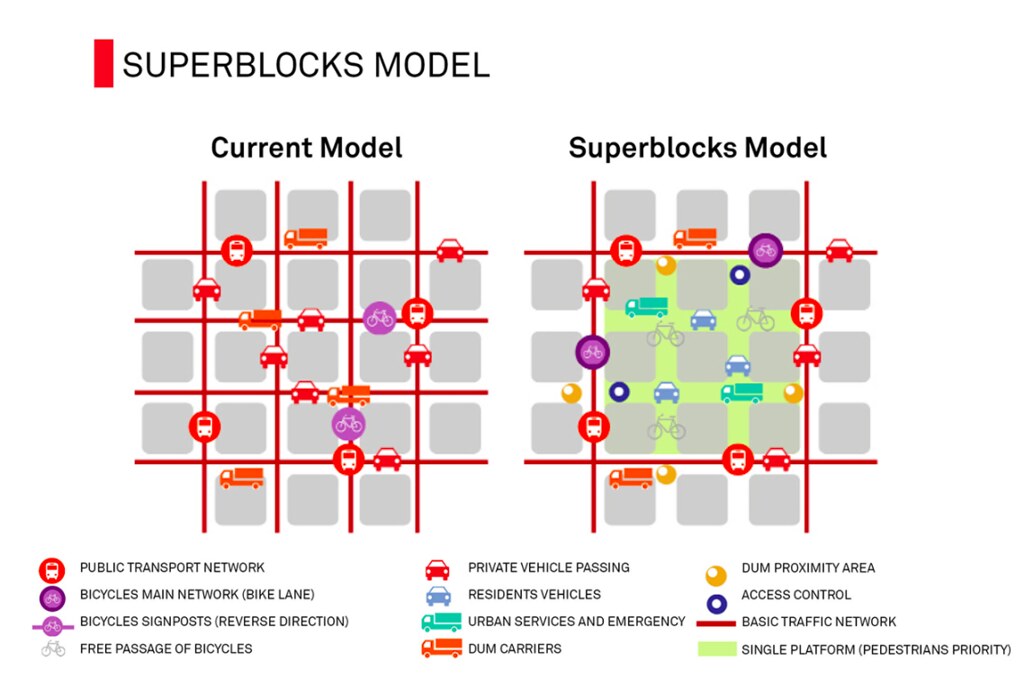News release: NZTA leadership on safer speed limits required to reduce the road toll.
The quickest fix to reduce our road toll is to adopt safer speed limits. Whilst 100 km/h is appropriate for motorways and wide, straight highways, it is generally unsafe for the remainder of our rural roads.

